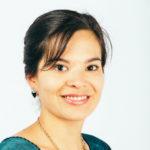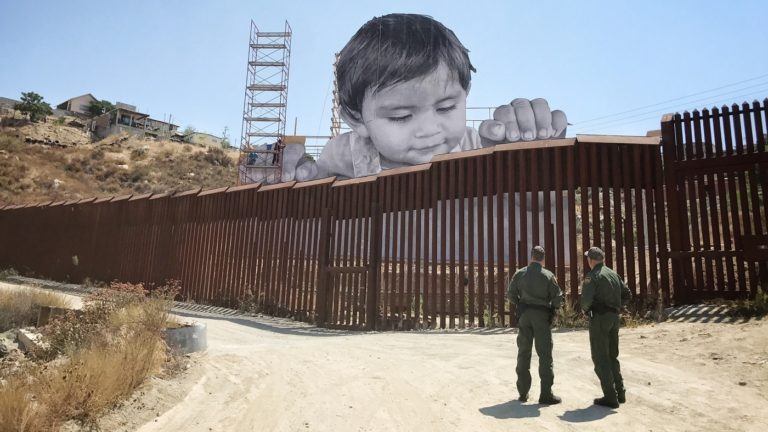There is less illusion of control and deceit of rapid transformation when one gets close to those on the margins.
I have to admit that I am sickened by the hero mentality floating around. Don’t get me wrong, we can do things for others, and we must. But being proximate to the most vulnerable, like our friends -a Honduran mother and daughter who fled gang abduction and violence-, is about listening, asking what they need to survive and sitting with them in the pain of the things that will not change soon. Their case is like the many who come to Tijuana for an opportunity of new life, but their desire would have been to stay in Honduras with their family. They just cant go back and their case for asylum, both in México and USA is beyond complication. As many who are lost in the cracks of broken systems…
For our migrant friends, the pandemic is one more layer of complexity to their already tragic and unjust circumstances in Tijuana. They have been in the city for almost 2 years, and the trauma they have experienced in Honduras does not heal easily. For us, as a family, it’s not only about being part of a church who sees, immerses and contends for others, especially migrants; it is about being in relationship with them. This is why seeing and immersing are not steps in a program to become a peacemaker, but more like invitations to participation and transformation that does start within oneself and has ripple effects on those we are close to. Our friends have taught us that it is not enough to support a shelter and provide food; they need friends who become their network and support.
Frankly, being proximate to those who are suffering has the capacity to transform us, but only if we are open to see God working beyond our “powerful” and “dominant” expectations for change. Much of what we can do, as ways of participating in God’s work of restoration are only “mustard seeds”. However, I am not saying uncommon friendships and sitting in the pain of others is insignificant, to the contrary, much of God’s restoration comes through unlikely and unexpected “weak” beginnings that are filled with love, tension, faithfulness, pain and hope.
Through my friends, especially the mom, I have seen more of God’s ferocious and sacrificial love. She did not think twice about leaving her life and work in Honduras to save her daughter’s life, and has never looked back. She is also doing all that is in her power to help her daughter heal from the trauma and loss experienced. That resilience and the hope of restoration keeps them alive, serving and blessing others.
I pray that for our friends, our lives are as much blessed by us, as we are by them.
Blog image by artist JR.
 Alejandra Ortiz- Global Immersion Special Advisor and Regional director for Compa (Christian university ministry) for the Northwest region of México
Alejandra Ortiz- Global Immersion Special Advisor and Regional director for Compa (Christian university ministry) for the Northwest region of México
Alejandra Ortiz is from Tijuana, Mexico and works as a Regional director for Compa (Christian university ministry) for the Northwest region of México. She is passionate about helping students live out their faith in the whole of life and use their studies to serve their local communities. For the past 6 years Ale has been leading students from Compa and other groups with The Global Immersion project, from all over México and the U.S., on learning and exposure projects to understand more about life on the border and immigration issues. She is a bridge builder between churches, students and local NGO’s. Alejandra, her husband and their young daughter have recently started a home church in Tijuana, living communally with others and seeking to join God’s Kingdom work in their local area.

